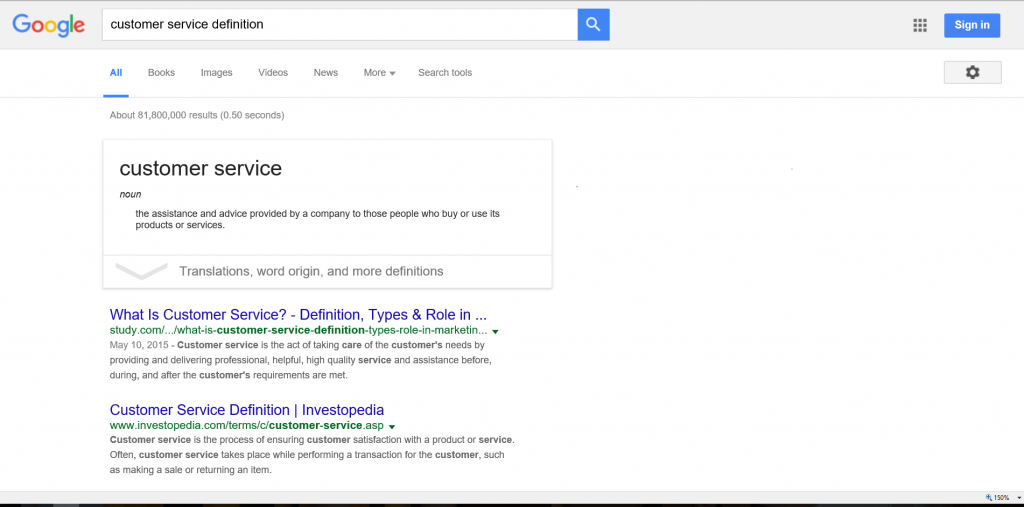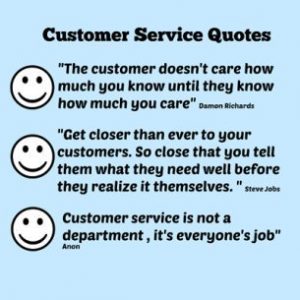It’s challenging and frustrating being a job seeker. That’s the feedback I regularly receive from people. Unfortunately it appears recruiters and hiring managers (internal and agency) leave a lot to be desired in how we treat job seekers. My blog last week generated a lot of feedback on some of the frustrations of being a job seeker. Here’s an example of some feedback I received via email:
“….yes it is important to call and discuss the role; however often the initial call is awkward, almost as if the recruiting/hiring manager is asking “why are you calling me”? This is what a prospective employee may think, but not voice: Well I am calling you because I am interested in the role and I wish to introduce myself, and assess your company. You as the Hiring Manager / recruiter are the representative of the company I am interested in working for, please don’t treat me with derision or as a number, and please don’t tell me you haven’t looked at the applications yet. I don’t care about the other applicants, …. My message to recruiters/hiring managers, be prepared for questions. Many many times in the last few years, recruiters (internal and external) have wasted my time with roles that have dragged on forever, roles which have gone to an “internal’ recruit (salary check?) or roles which have just dissolved due to department amalgamations or goodness knows what. The time taken to prepare applications and attend interviews is often not taken into account. RECRUITERS BEFORE YOU PULL THE TRIGGER, LINE YOUR DUCKS UP, this will stop you wasting recruiters, applicants and management time.”
It’s not the first time I’ve heard this feedback or similar versions of it. This job seeker is definitely not alone in his frustrations and challenges. In this week’s blog I’ll share with you my thoughts on handling the recruiter when calling to enquire about the job and next week I’ll address the challenges of jobs being withdrawn or going internal.
You may also be interested in having a read of one of my previous blogs: First Impressions Count, that goes for Employers too!
I have heard of examples where job seekers have called to enquire about a vacancy and haven’t even had a call back or have felt like the recruiter has had no interest in talking to them. There is no excuse for this. I find it appalling that so many job ads don’t even list contact details so you can call and enquire; indicating they want you to go to the effort and apply but can’t give you the time of day to find out if the job really is suitable for you. As recruiters and hiring managers we definitely have to lift our game, there is no question about that. For too long it has been all about the job seeker making the winning first impression. I’d like to think the tables are turning and there are some businesses really differentiating themselves in how they demonstrate, show interest and genuinely appreciate the efforts the job seeker goes to. It’s these businesses that truly understand the job seeker is their customer.
If businesses are serious about attracting the best of the best talent they are going to need to get savvy about how they treat their prospective employees. Great talent is becoming harder and harder to find and I think job seekers are becoming more selective in choosing who they want to work for and the efforts they will make in applying for a job. It’s no different to being a customer purchasing an item from a retail store. As the customer we have more options than ever in being able to go to another store or purchase online and if we have a bad experience we typically don’t go back to that store, we simply shop elsewhere.
This is the lesson recruiters and hiring managers need to learn. As a job seeker you may not be able to simply pop down the road and find your next dream job; the job market is tight and the opportunities you are looking for may not come up every day or week or month. But you do have choices as the customer.
My advice to you as a job seeker in making that call to enquire (if you do manage to get to talk to someone) is to set the scene. Start the conversation with something like “I’m calling to enquire about position XYZ, after researching the position and company, I have a number of questions for you, it may take 10 to 15 minutes of your time, is now a good time to speak with you or can we arrange a time to discuss the position?” If a job seeker called me and that was their opening line, you’d definitely have my attention. You don’t want to come across too assertive or pushy but you want to show you are serious and mean business. If they can’t answer your questions, they should volunteer to find out and get back to you but if they don’t, ask them directly to find out and call you back or ask for the details of someone else you could talk to who can answer your questions. No different to if you were enquiring about purchasing an item and wanted to know the specifications.
So much more than just the words being spoken can be interpreted from a phone call. You are judging the recruiter on their tone of voice, how they are delivering the information (are they speaking quickly or too slowly, do they seem vague, is there a lot of background noise indicating they are doing two things at once). Be aware of this and if you are getting the vibe that they aren’t engaged, don’t be scared to ask them again if now is a good time and if not offer to call them back or ask them to call you back. Just remember they are also making the same assessments abut you on the phone.
Sometimes I think we dance around bad service and experiences (not just in the recruitment industry or as job seekers) but in every sense of being a customer. We just suck it up and complain to the ten people in our circle of influence and then we decide never to shop there again. As a job seeker you are a customer and you deserve a quality service. If you are not getting that service don’t be afraid to speak up and let the recruiter or hiring manager know. How you do this needs to be done professionally. Don’t make it personal or let your emotions takeover because you will run the risk of it backfiring and you may end up being ruled out of the job because you are deemed difficult or a trouble maker but you can and have every right to flag your concerns appropriately as a customer.
At the end of the day you need to make a call. If you are not getting the answers and information you want or need, or if you have had a poor experience, you need to decide if you want to be bothered investing the time in submitting an application. The question I’d be asking myself if I was a job seeker and had a poor experience is, do I really want to work for this business? Is this experience reflective of the importance and value (or lack thereof) they put on recruiting the right people to join their team. Is this a sign that the values about honesty, integrity etc. they have plastered on their website and on their wall in reception are a token gesture and really aren’t living and breathing documents? Do I really want to work for a business with that culture?



